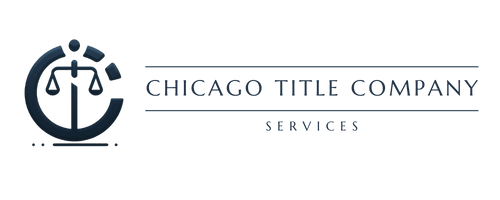Since the EB2 visa is a worker’s visa that allows for permanent residency, you will be asked to attend an in-person interview at your local U.S. Embassy or Consulate. If you are in the U.S. when filing, you will be asked to go to a local USCIS field office.
In this interview, the USCIS officer will call you into a private area, ask you to raise your right hand and promise to tell the truth then check your photo I.D. After this, the officer will ask you some questions regarding the information in your application visa file. Questions asked are normally at the interviewer’s discretion however the interview will likely ask you questions about your background, your job qualifications, details about your job offer in the U.S., and your employer.
After the interview, if the immigration official is satisfied with the answers given, your visa will be approved. It should be noted, that any dependents who are also on your visa application must attend an interview as well. However, the interview is waived for children under 14 years old. If you are attending the interview with your spouse or children, they will be asked certain personal questions as well like how long you and your spouse have been married, where were your children born, and any other relevant questions that prove you are in a bona fide relationship. This interview is more light and friendly than intimidating so try not to get too worried or stressed out about it.

